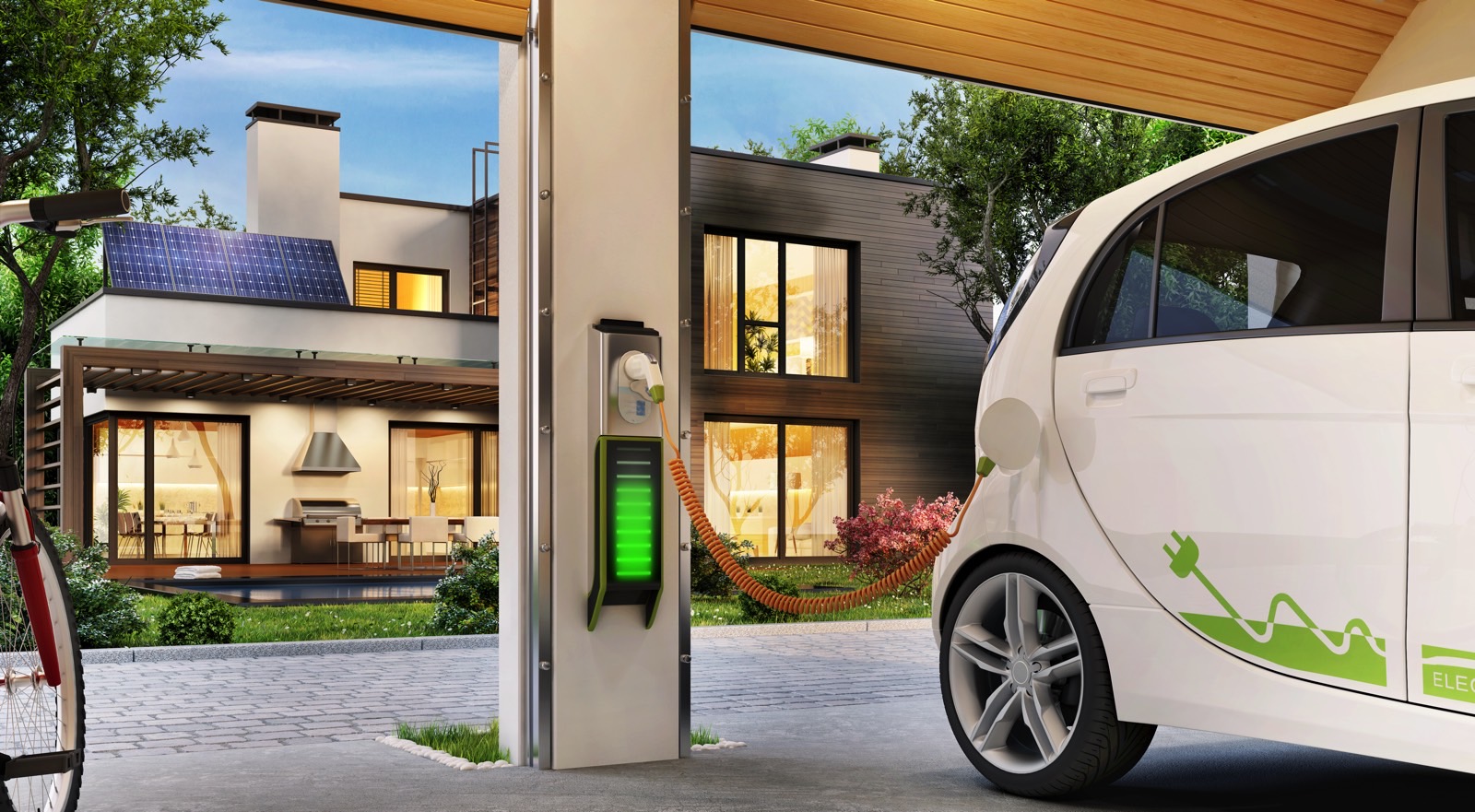Exciting battery technology breakthrough announced by manufacturing giant CATL
CATL, a Chinese battery manufacturer, has created a condensed battery that it says could help power electric aircraft while meeting the required safety and energy standards.
The company claims the battery’s energy density is 500 watt-hours per kilogram, making it much more robust than it looks. This means that the battery can push out more power from a lighter component than the current options.
The belief is that condensed batteries will open the door to improved power systems for both electric cars and even the aviation field. Finding more efficient ways to handle power generation while also remaining lightweight is essential for both these fields, especially as electric cars try to offer longer ranges.
And, being able to offer a fully electric aircraft would be a huge opportunity to not only cut down the cost of air travel, but also the amount of fuel that is being burned by aircraft every day — ultimately resulting in a much better output for the environment than the airline industry is currently able to offer.
There is still a lot we don’t know about CATL’s plans for this condensed battery, though. The company has said it plans to create a battery built specifically for the automotive industry, and that it plans to make one for the aviation industry, too. Aside from that, though, there are a lot of unknowns.
We have seen a lot of amazing battery tech over the past few years, including an edible battery made of almonds. We’ve also seen companies create batteries that can recharge in just 10 minutes, allowing you to refuel your electric car like a normal gas-powered vehicle.
It’s unclear exactly how far away we are from the widespread use of condensed batteries. But, if what CATL has managed here is any indication, the aviation, electric car, and even the sea-bound industry could see some massive changes in the coming years.
CATL, a Chinese battery manufacturer, has created a condensed battery that it says could help power electric aircraft while meeting the required safety and energy standards.
The company claims the battery’s energy density is 500 watt-hours per kilogram, making it much more robust than it looks. This means that the battery can push out more power from a lighter component than the current options.
The belief is that condensed batteries will open the door to improved power systems for both electric cars and even the aviation field. Finding more efficient ways to handle power generation while also remaining lightweight is essential for both these fields, especially as electric cars try to offer longer ranges.

And, being able to offer a fully electric aircraft would be a huge opportunity to not only cut down the cost of air travel, but also the amount of fuel that is being burned by aircraft every day — ultimately resulting in a much better output for the environment than the airline industry is currently able to offer.
There is still a lot we don’t know about CATL’s plans for this condensed battery, though. The company has said it plans to create a battery built specifically for the automotive industry, and that it plans to make one for the aviation industry, too. Aside from that, though, there are a lot of unknowns.
We have seen a lot of amazing battery tech over the past few years, including an edible battery made of almonds. We’ve also seen companies create batteries that can recharge in just 10 minutes, allowing you to refuel your electric car like a normal gas-powered vehicle.
It’s unclear exactly how far away we are from the widespread use of condensed batteries. But, if what CATL has managed here is any indication, the aviation, electric car, and even the sea-bound industry could see some massive changes in the coming years.
